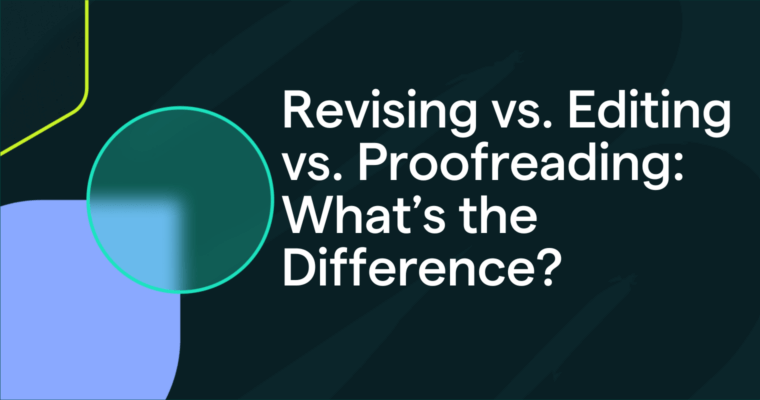Commonly Confused Words: "Affect" vs. "Effect"
By Shahida Noreen

In English grammar, few word pairs cause as much confusion as "affect" and "effect". Though commonly used, they have distinct meanings and uses. Mastering their differences enhances clarity in writing and conversation.
Quick Comparison Table
| Word | Part of Speech | Meaning | Example |
|---|---|---|---|
| Affect | Verb | To influence or change | The weather can affect your mood. |
| Effect | Noun | The result or outcome | The new law had a positive effect on pollution. |
Understanding "Affect"
The word "affect" is primarily a verb, meaning to influence or change something. For example, “The weather can affect your mood” means the weather influences how you feel.
Examples of Usage
- How does the new policy affect employees’ work hours?
- Her kindness can affect the room’s atmosphere.
Understanding "Effect"
The word "effect" is typically a noun, referring to the result of an influence. For example, “The new law had a significant effect on reducing pollution” indicates the law produced a tangible result.
Examples of Usage
- The effect of caffeine on concentration varies by person.
- Researchers study the long-term effects of climate change.
Quick Tip for Differentiation
Remember: "affect" is an action (both start with "A"), while "effect" is an end result (both start with "E"). This mnemonic helps choose the right word.
Nuances and Exceptions
English has exceptions. Rarely, "affect" is a noun in psychology, meaning an observable emotion (e.g., “The patient showed a flat affect”). Similarly, "effect" can be a verb in formal contexts, meaning to bring about (e.g., “The committee worked to effect change”).
Common Phrases
These phrases highlight proper usage:
- Affect: “Affect change,” “Affect someone’s feelings,” “Affect outcomes”
- Effect: “Cause and effect,” “Side effects,” “Effects of climate change”
Why It Matters
Using "affect" and "effect" correctly ensures clarity and boosts credibility—especially in professional, academic, or publishing contexts where precision is key. Trusted resources like the Purdue OWL and Grammarly Blog emphasize this distinction for strong writing.
Conclusion
In summary, "affect" (verb) influences, while "effect" (noun) is the result. With practice, you can master their usage and communicate confidently. Test yourself: Is it "affect" or "effect" in “The speech had a lasting ___ on the audience”? (Answer: effect.)
For Further Reading
Explore more grammar and writing guidance from globally trusted sources:
- Grammarly Blog – Practical tips for clear, confident writing
- Purdue OWL – The world’s leading free resource for writing support
📘 Want to Master Common Grammar Mistakes?
Download our free guide: “10 Pairs of Confusing Words Every Writer Should Know.”







0 Comments